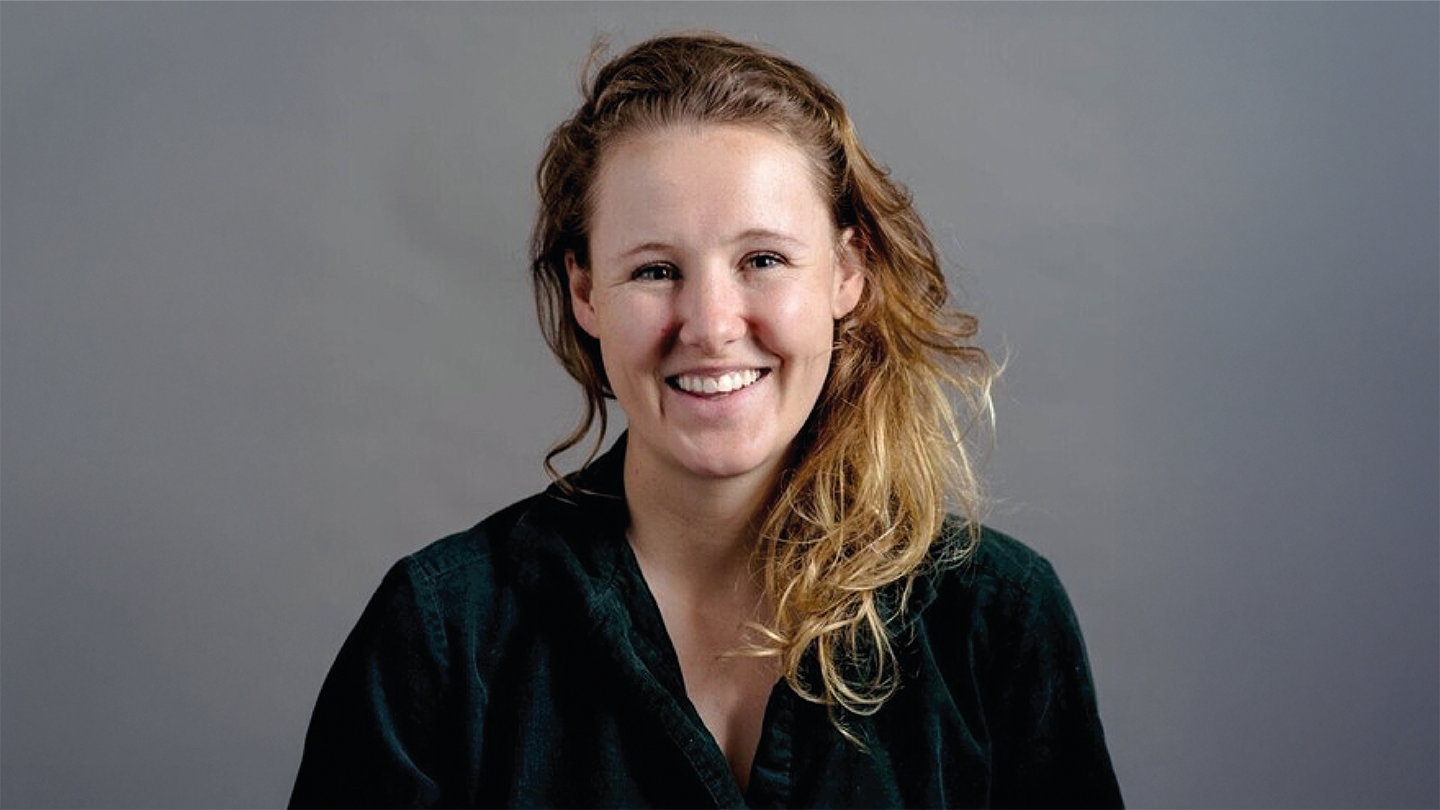
Endometriosis affects 10 percent (190 million) of reproductive age women and girls globally. Symptoms include severe, life-impacting pain, depression, and infertility. It is a seriously debilitating disease, which can be associated with increased risk of ovarian cancer, and it is diagnostically challenging – often taking years to confirm.
UK company, PrecisionLife, has been looking for a better way to diagnose and treat women with endometriosis. Now, its precision medicine platform has attracted a European Innovation Council (EIC) grant to fund development of an oral swab precision medicine test. The aim is to speed up triage and referrals of likely positive cases so that patients can get a definitive diagnosis quicker.
Here, Hannah Bibby, Product Strategy Lead at PrecisionLife, tells us more about the research.
What is project TRANSCEND?
PrecisionLife’s Project TRANSCEND is focused on developing groundbreaking precision medicine solutions for detecting and treating endometriosis. The key highlights of Project TRANSCEND include:
Using PrecisionLife’s proprietary combinatorial analytics and AI precision medicine platform to uncover the genetic drivers of endometriosis
Developing a new clinical tool – in the form of simple, non-invasive, buccal swab to collect DNA from the cells on the inside of a person's cheek – for earlier and more accurate detection, triage and referral
Accelerating targeted treatment opportunities to improve patient outcomes.
What is the current diagnostic pathway for endometriosis?
Typically, women endure an 8 to 10-year journey involving multiple medical consultations before undergoing laparoscopic surgery – the gold standard for visual confirmation of lesions. This invasive approach not only poses considerable risks and high costs but also often fails to detect lesions, leading to unnecessary surgeries.
The absence of effective screening tools prolongs patient suffering, resulting in chronic pain, emotional distress, and reduced quality of life. These challenges underscore the pressing need for a rapid, non-invasive clinical tool that can accurately identify disease risk as well as its underlying mechanisms.
What technology will power the endometriosis evaluation?
The project will introduce a rapid, non-invasive buccal swab-based genotyping test into the endometriosis care pathway – an endometriosis “Mechanostic®.”
Mechanostic tests identify novel disease signatures – unique combinations of genetic mutations that are highly predictive of endometriosis – enabling prediction of lifetime risk of developing a disease, as well as its underlying mechanisms. Designed for deployment on established predicate devices, the test supports swift regulatory certification in both the EU and the US.
What will this mean for patients with endometriosis?
For patients, project TRANSCEND promises a transformative shift in endometriosis management. The introduction of a rapid, non-invasive buccal swab-based test is expected to drastically reduce the current diagnostic delay, minimizing the need for unnecessary invasive surgical procedures.
Being able to identify mechanistic drivers of disease also holds promise for identifying novel therapies as well as existing safe drugs that may benefit some endometriosis patients, which will empower clinicians to tailor treatments to individual patient profiles.
What will the EIC grant fund?
Funding will support further validation and optimization of PrecisionLife’s disease signatures for endometriosis in datasets with diverse ancestries. Following this optimization step there is funding available to design and run the clinical trials to validate the predictive accuracy of the Mechanostic test. It will also fund trials to assess the therapeutic efficacy of repurposed drug candidates that PrecisonLife has identified in targeted patient subgroups.
All work packages within Project TRANSCEND will also have specific funding ringfenced for key stakeholder, patient, and public involvement and engagement.
What is the predicted timescale for the project?
The TRANSCEND project will run over a 24-month period. Following this, PrecisionLife will explore opportunities for market deployment and scale up.




